Once upon a time, weddings weren’t that complicated. You had to select a wedding dress, a maid or matron of honor, figure out where to have the reception, and that was pretty much it. These days, weddings have become major productions costing sometimes tens of thousands of dollars, and the details involved would stymie the Pentagon’s most brilliant logistics specialists.
For even a modest wedding today, many brides-to-be are turning to experts to help them sort out the countless details. You may think you can’t afford a wedding planner on top of everything else you’ll be paying for, but in the long run, a good wedding planner can not only help you save money but also avoid costly mistakes.
What a wedding planner can do for you.
Here are just a few of the things a wedding planner can handle for you: invitations, venue selection, budgeting, contracts, vendors, flowers, menu and cake selection, guest list, colors, decor, transportation and housing for out-of-town guests, day-of coordination, gift management, and overall problem solver. This last may be the most valuable service the wedding planner can offer, because in an event as complex as a wedding, something will always go wrong.
At the same time, it’s not necessary to turn over all the wedding details to the planner. Depending on your budget, time availability, and desire, you can handle a few, many, or most of them yourself. But if you’d still like a temporary “right arm” to help you pull everything together and take some of the worries off your shoulders, you should definitely consider hiring a professional.
Tips for selecting a wedding planner.
- Do your homework
First, make some overall decisions on what type of wedding you’d like. Large, small, formal or casual, traditional or more modern? If you’re not sure, let the wedding planner offer suggestions. Create a budget, not only for the overall wedding but for the wedding planner. Then decide whether you want the planner to handle everything or just a few select tasks, or to pull everything together in the last weeks.
- Interview 3-5 wedding planners
If you have a general idea of what your wedding should look like, it’ll be easier to find up to five wedding planners whose expertise mirrors your vision. Their websites should feature recent weddings they’ve planned, and may or may not reveal their price point. They may prefer to offer you a presentation in person before quoting fees, but if you like their style, it’s worth meeting with them to obtain details.
Ask about: experience, services offered, references, credentials, which vendors they work with, whether they belong to any professional associations (e.g., the Association of Bridal Consultants), and—most important—their fee. Do they charge on an hourly or task basis, as a percentage of the overall budget, or a flat fee?
- Rate your compatibility
The most important aspect of selecting a wedding planner is how you feel about him or her. You’ll likely be in contact every day for months, and if your personalities don’t mesh, you’ll just end up adding to your stress. Do they add ideas to your overall vision, or try to change it? Do they listen and respond appropriately? Remember who’s in charge here—this person will be your employee, not your new best friend.
Finally, don’t forget to browse our beautiful line of dresses for all occasions. There you’ll find dresses for grandmothers, mother of the bride, mother of the groom, bridesmaids, and wedding guests, all of which are sure to spark wonderful ideas for your wedding planning.







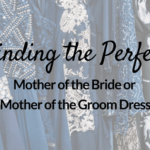

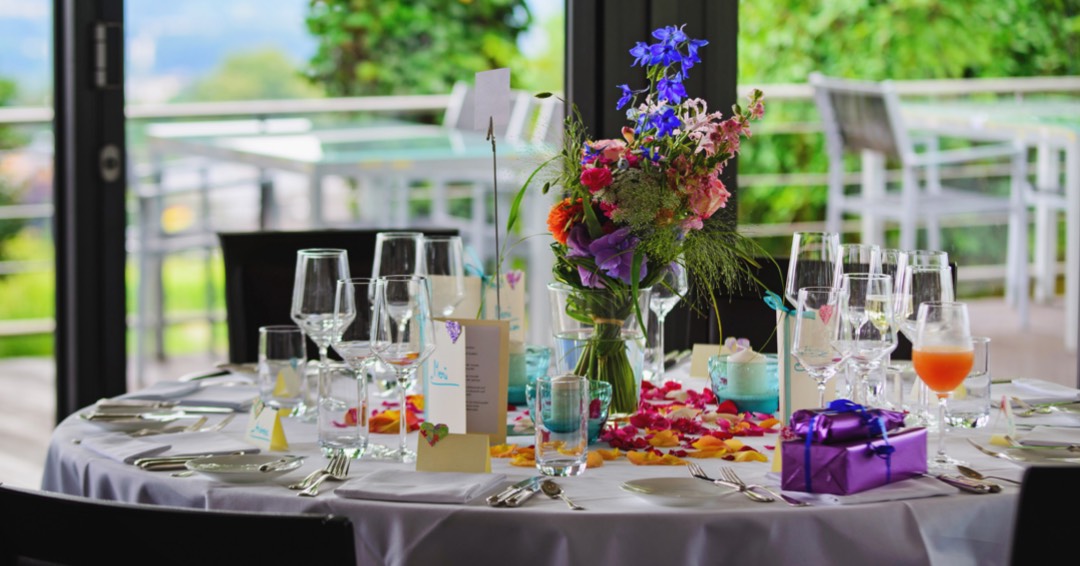
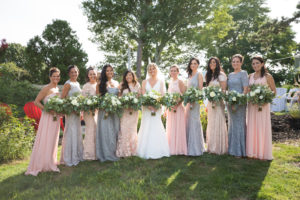


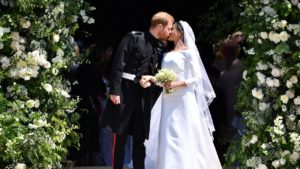
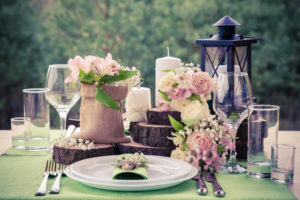
Leave a reply